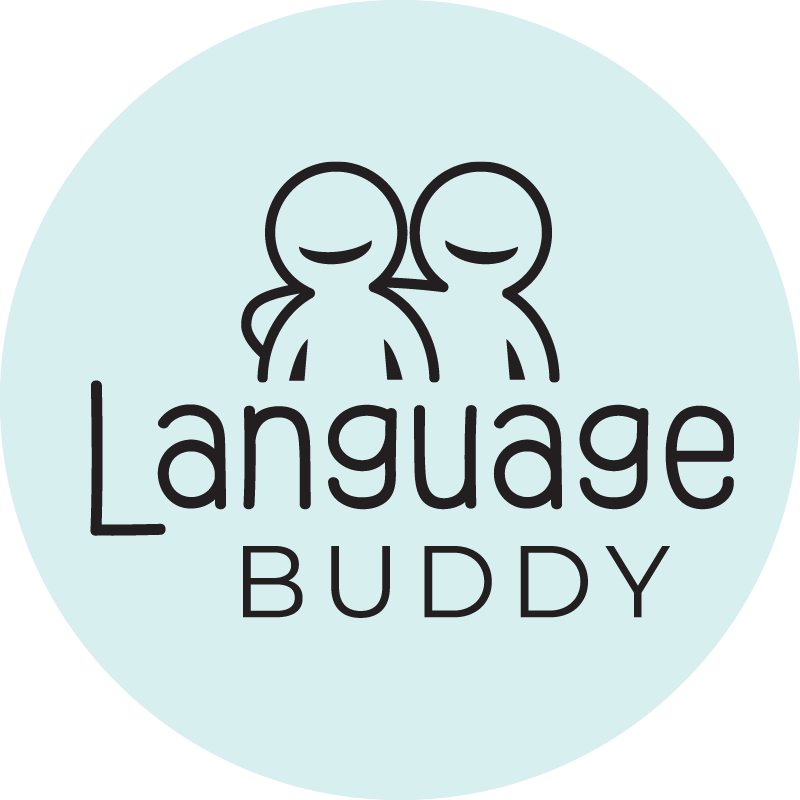Training modules
Through the guidelines established in the Best Practices, project partners, target groups and relevant stakeholders will develop the Language Buddy Model. This will be put together collaboratively with educational professionals working with secondary schools students with a migrant background, recent secondary education graduate students with a migrant background, High Education Institutions (HEI) students and professors of pedagogy/education/language/literature, representatives of CSOs working with young people with a migrant background and project partners in each implementing country.
The model will focus on implementing a buddy system initiative aimed at language learning, based on non-formal and informal learning involving HEI university students as mentors and secondary school pupils with a migrant background as mentees and will be constructed to support both a face-to-face and online course.
HEI mentors will be participating to face-to-face/online training workshops that will touch topics such as:
- Intercultural understanding and dialogue in Education;
- Principles of Critical and Social Pedagogy;
- The role of family in language learning and overcoming barriers through non formal/ informal methods for pupils with a refugee/migrant background;
- Digital tools for effective language learning;
- Art as a tool for intercultural dialogue and language learning;
- Observation, documentation, reflection and (self)assessment;
- Language Buddy system;
- How to organize a Language Buddy Session with the use of the Language Buddy e-Platform.
The objectives of the trainings will be to:
- Upscale buddy/mentoring systems with a language-learning component for young people with a migrant background (12 to 17 years old)
- Build the skills of Higher Education students of pedagogy/education/language/literature departments on innovative learning methodologies, intercultural pedagogy and language development
